Elections officials in southern Maine reported light turnout Tuesday as voters cast ballots in dozens of state legislative primary races as well as local elections.
After visiting polling stations in southern Maine, Secretary of State Shenna Bellows said turnout appeared to be low, which she attributed to the absence of contested primaries for governor. Bellows expected higher turnout in the northern part of the state because of the 2nd Congressional District Republican primary.
“Turnout is very light,” Bellows said while visiting polling places late Tuesday morning. “Of course, we would expect to see turnout lighter in southern Maine than in northern Maine, given there are no top-of-the ticket primaries, but it’s still seemingly remarkably low as of this morning.”
Bellows later said she would be surprised if statewide turnout exceeds 25 percent of registered voters. By comparison, Maine has seen voter turnouts of higher than 75 percent in high-profile general elections.

Portland resident Sam Cohen fills out a ballot at East End Community School on Tuesday while his children Isaac, left, Silas and Eila wait with great patience. Ben McCanna/Staff Photographer
As of Monday, only 32,384 absentee ballots had been requested statewide, with more than 25,000 returned. Bellows said that’s fewer than last year’s statewide referendum-only election.
Bellows said her office had not received reports of any issues at the polls. While disappointed that more people weren’t voting, she said the low turnout election is a good practice run for newly hired clerks, ahead of the fall elections.
“We anticipate that November will be a very high turnout election given that you have two statewide leaders facing off against each other in the gubernatorial (election),” she said. “We have seen some turnover of clerks across the state, so some of our clerks are running an election for the first time. This is a great way for them to go through the entire process step by step before November.”
There are 26 legislative primaries scattered around the state as the parties choose their candidates for November’s general election, when every seat in the Legislature and the governor’s office, will be up for grabs.
Most Maine communities voted whether to approve annual school budgets, and many communities also elected municipal and school leaders.
Portland voters chose from 12 candidates to fill three vacant seats on the city’s school board.

Taylor Engdahl fills out a ballot at the polling station in Merrill Auditorium in Portland. Voter turnout was light Tuesday morning. Ben McCanna/Staff Photographer
Seven of the candidates ran for two open at-large seats representing the city as a whole, and five ran to represent District Five, which includes North Deering, part of Deering Center and Riverton.
While Portland typically elects municipal and school leaders in November, the nine-member board has three unexpired terms to fill. The winners of the at-large seats will serve until November 2022, finishing the three-year terms of Anna Trevorrow and Roberto Rodriguez, who left their posts in November after winning City Council seats. The winner of the District Five seat will serve until November 2023, filling the seat of school board member Jeff Irish, who resigned in October.
In one of the most high-profile primary races in southern Maine – and by far the most expensive – incumbent Cumberland County District Attorney Jonathan Sahrbeck failed to fend off challenger Jacqueline Sartoris in the Democratic primary. Sartoris’ victory means she will get the job in November – unless someone mounts a successful write-in campaign. There are no Republican or independent candidates for the seat.
Sahrbeck won the last election in 2018 as an independent but later enrolled as a Democrat. Sartoris, a Brunswick resident who works as an assistant district attorney in Kennebec County, is a lifelong Democrat who has questioned Sahrbeck’s loyalty to the party. Sahrbeck’s recent switch to the Democratic party also was criticized by an outside group that ran anti-Sahrbeck ads financed by a $300,000 donation from national Democratic donor George Soros.
That spending does not appear to have generated additional interest in the race, Bellows said.
“While we have seen very large amounts of money coming into that race, it’s not clear it’s generating the same type of turnout a top-of-the-ticket primary would,” Bellows said.
Portland City Clerk Katherine Jones confirmed that turnout was low in Portland, despite the DA primary, a school budget referendum and special school board elections.
Jones said only 2,000 absentee ballots had been requested.
Many also closely watched the Republican primary in Maine’s 2nd Congressional District, where former Rep. Bruce Poliquin faces a surprisingly strong challenge from Liz Caruso of Caratunk. Poliquin ultimately won the nomination.
Poliquin will take on two-term U.S. Rep. Jared Golden and Tiffany Bond of Portland in the Nov. 8 general election. Golden won the job four years ago by narrowly defeating Poliquin in the first ranked-choice election held for a federal elected office.
In addition to the 26 contested legislative primaries, voters in Hancock County cast ballots in a special election for the Senate District 7 race between two-term state Rep. Nicole Grohoski, D-Ellsworth, and Republican Brian Langley, a former legislator who served in the Senate from 2010 to 2018. The seat was vacated by Sen. Louis Luchini, D-Ellsworth, who resigned in January to take a job as an advocate in the U.S. Small Business Administration.
Grohoski won the race handily and will serve out the unexpired term. She will not cast a single vote in Augusta unless the governor calls the Legislature back for a special session. Both candidates will square off again in the fall.
But the race was considered a bellwether for the fall elections, with both parties investing nearly six figures into the campaign. It gave Republicans an opportunity to see whether their strategy of linking Democrats to inflation and rising gas prices can work in any of the state’s swing districts.
Send questions/comments to the editors.

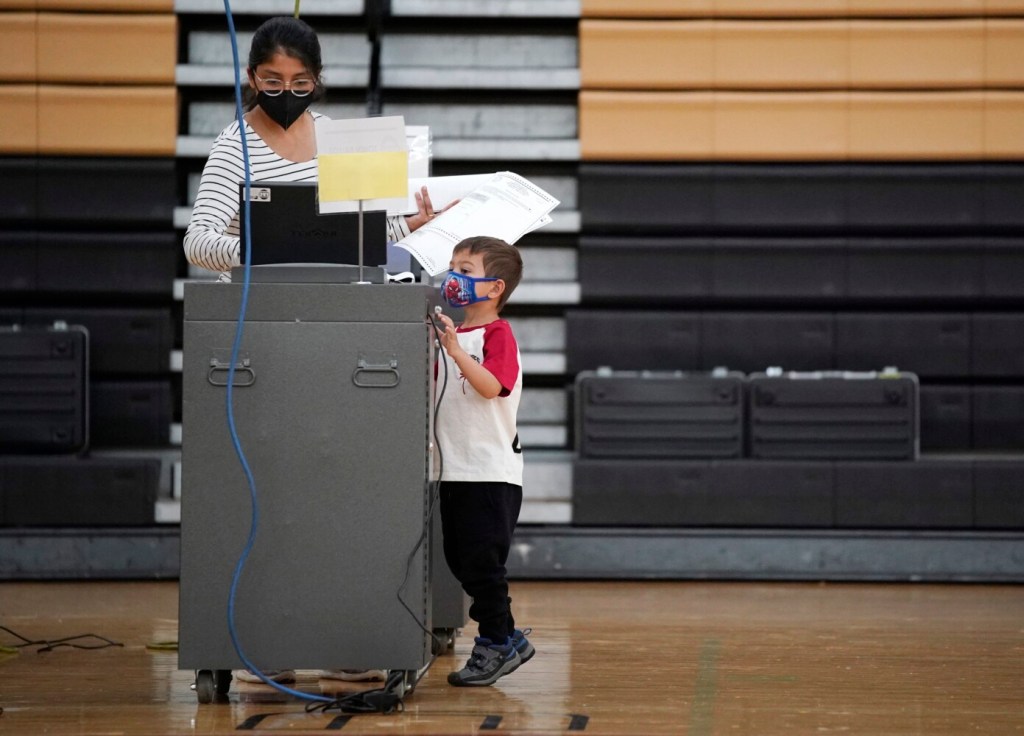
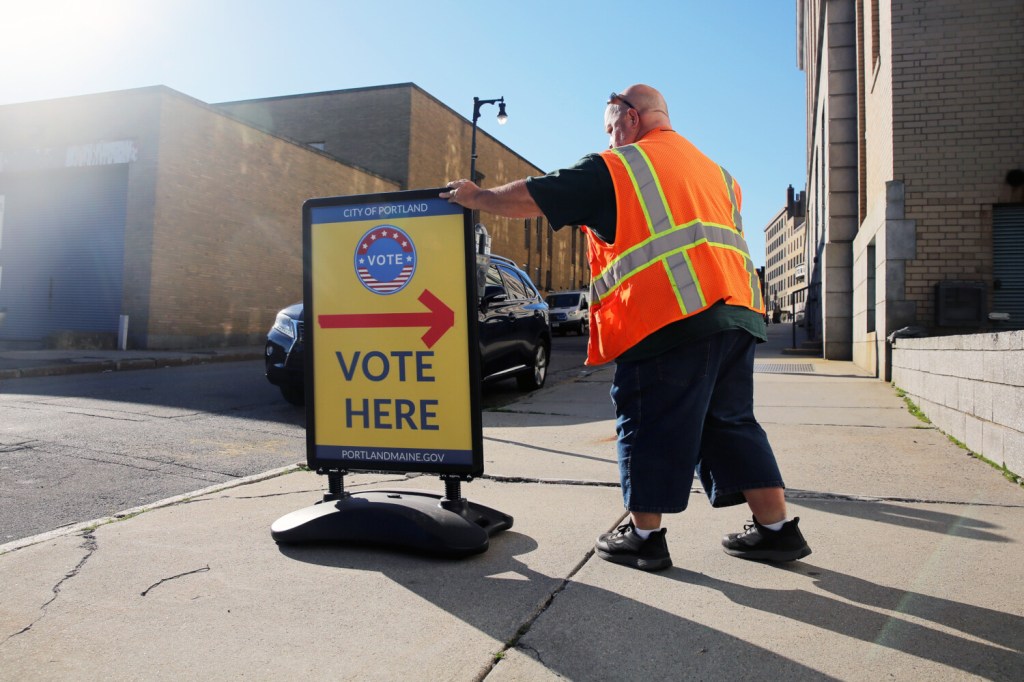
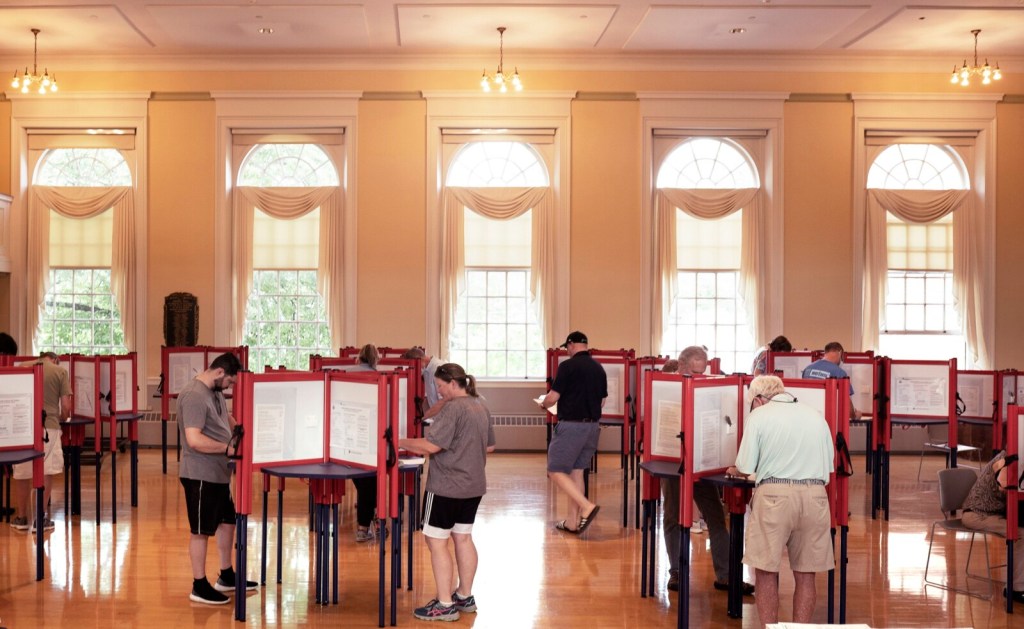
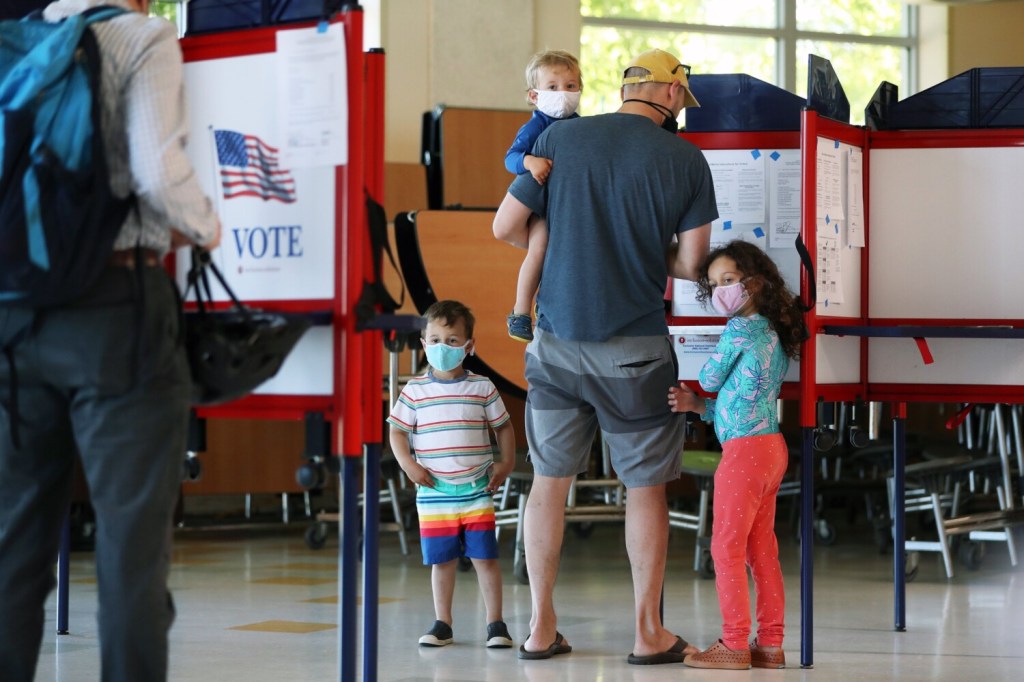
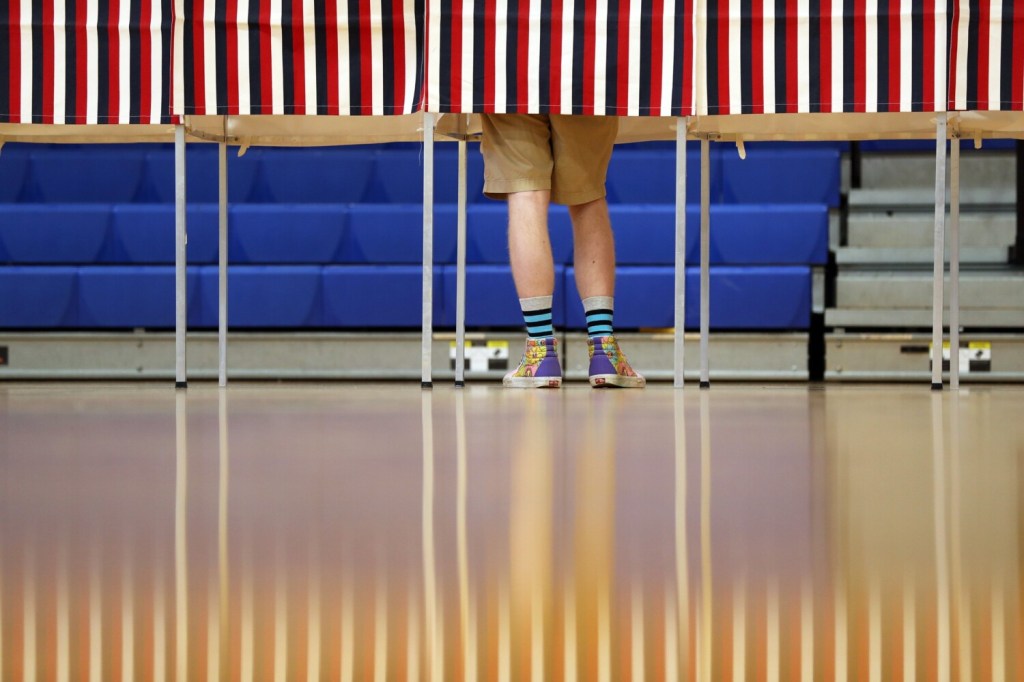
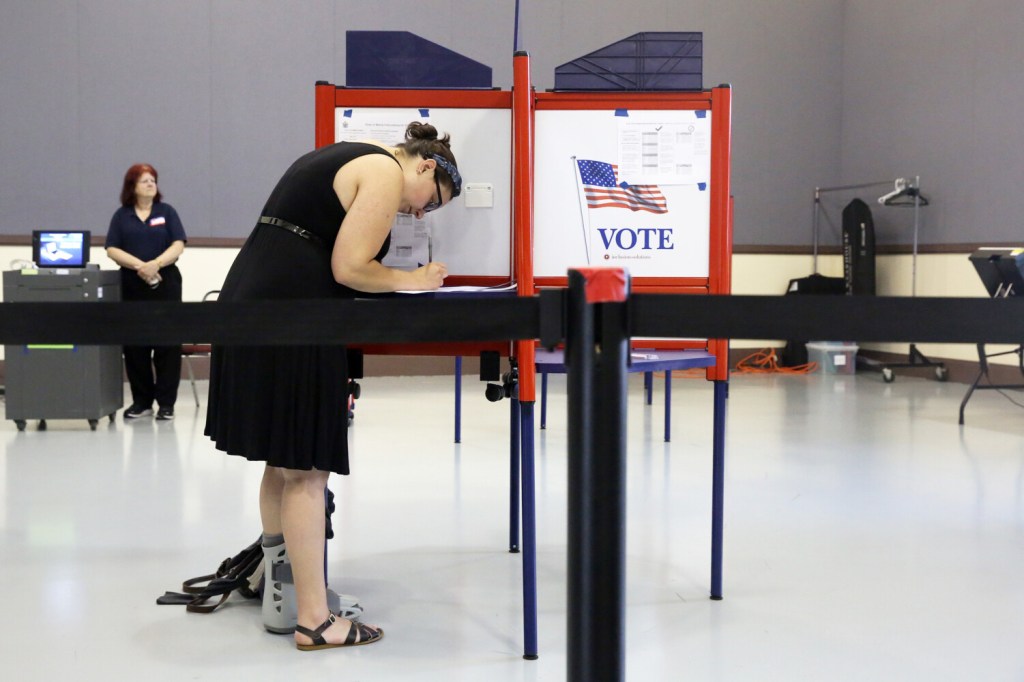
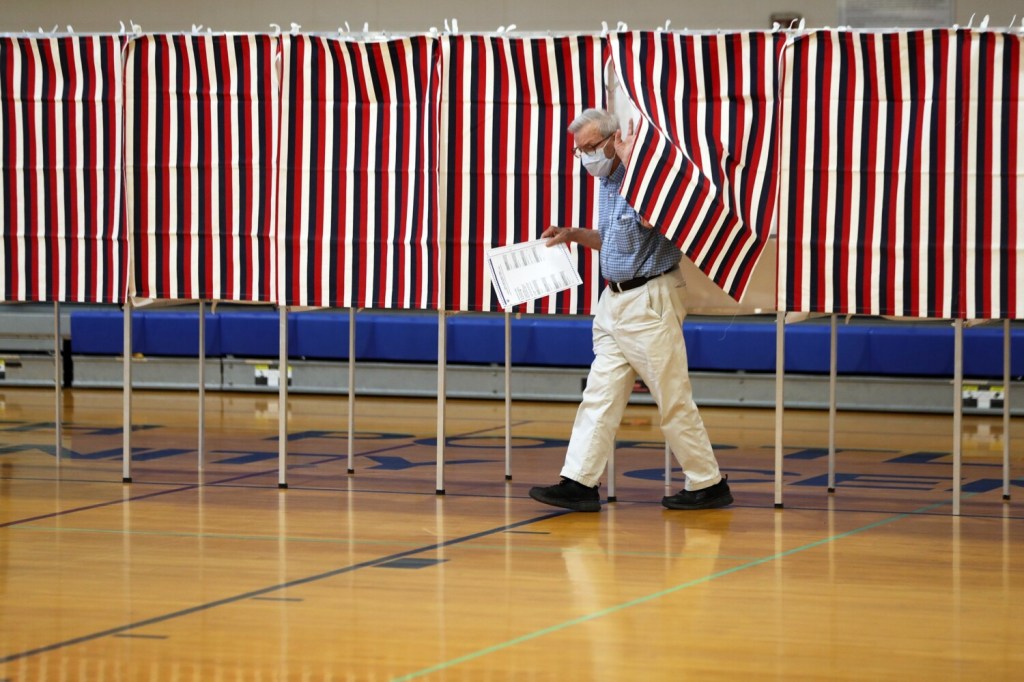
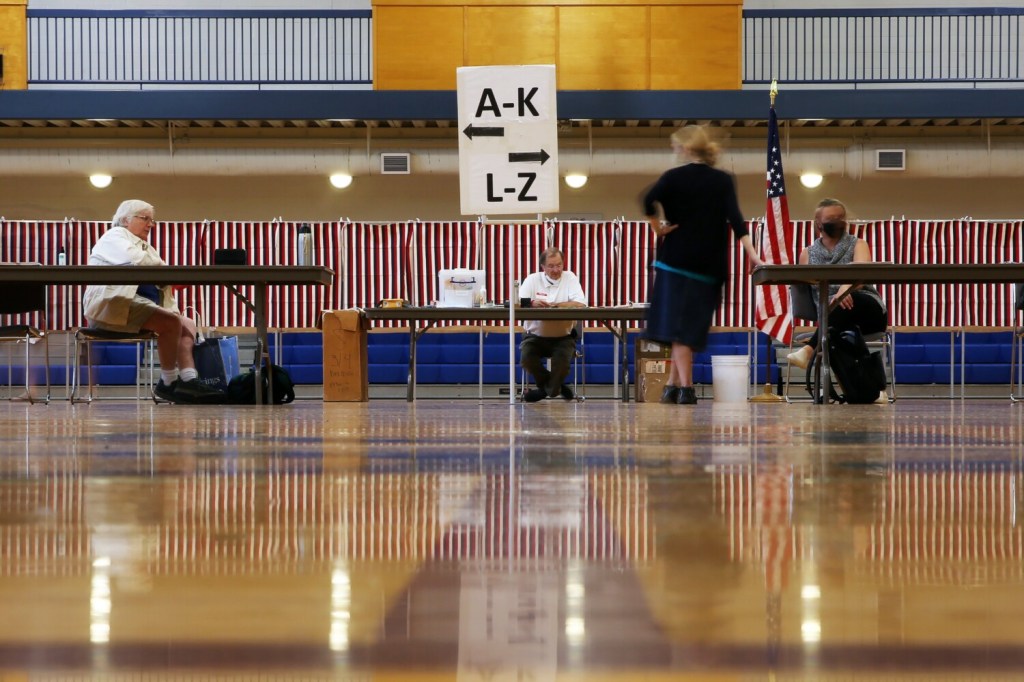
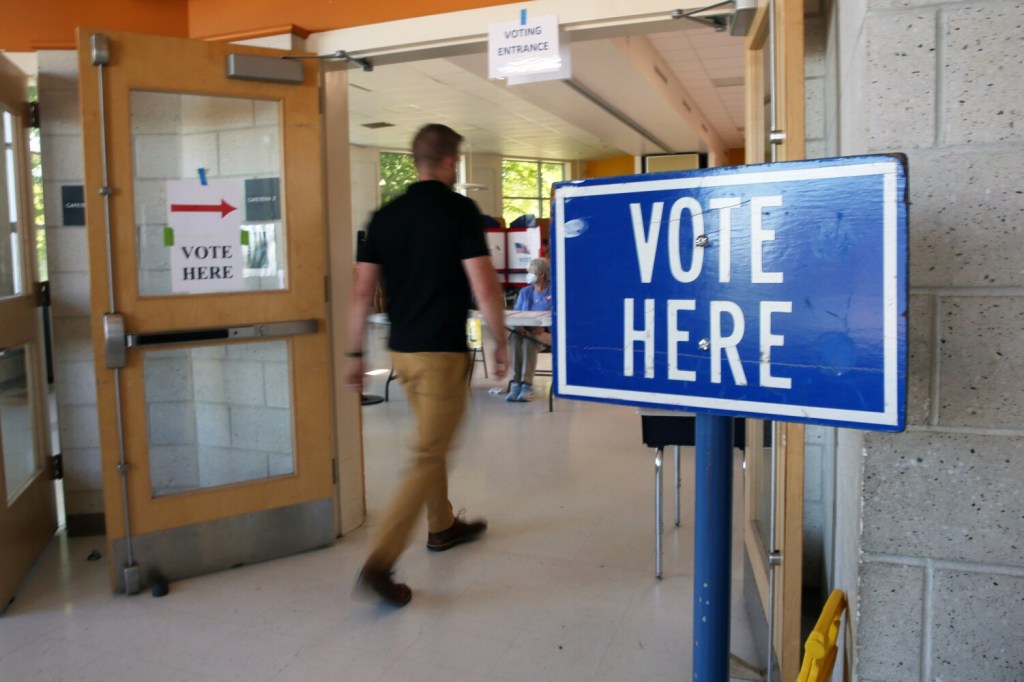

Success. Please wait for the page to reload. If the page does not reload within 5 seconds, please refresh the page.
Enter your email and password to access comments.
Hi, to comment on stories you must . This profile is in addition to your subscription and website login.
Already have a commenting profile? .
Invalid username/password.
Please check your email to confirm and complete your registration.
Only subscribers are eligible to post comments. Please subscribe or login first for digital access. Here’s why.
Use the form below to reset your password. When you've submitted your account email, we will send an email with a reset code.